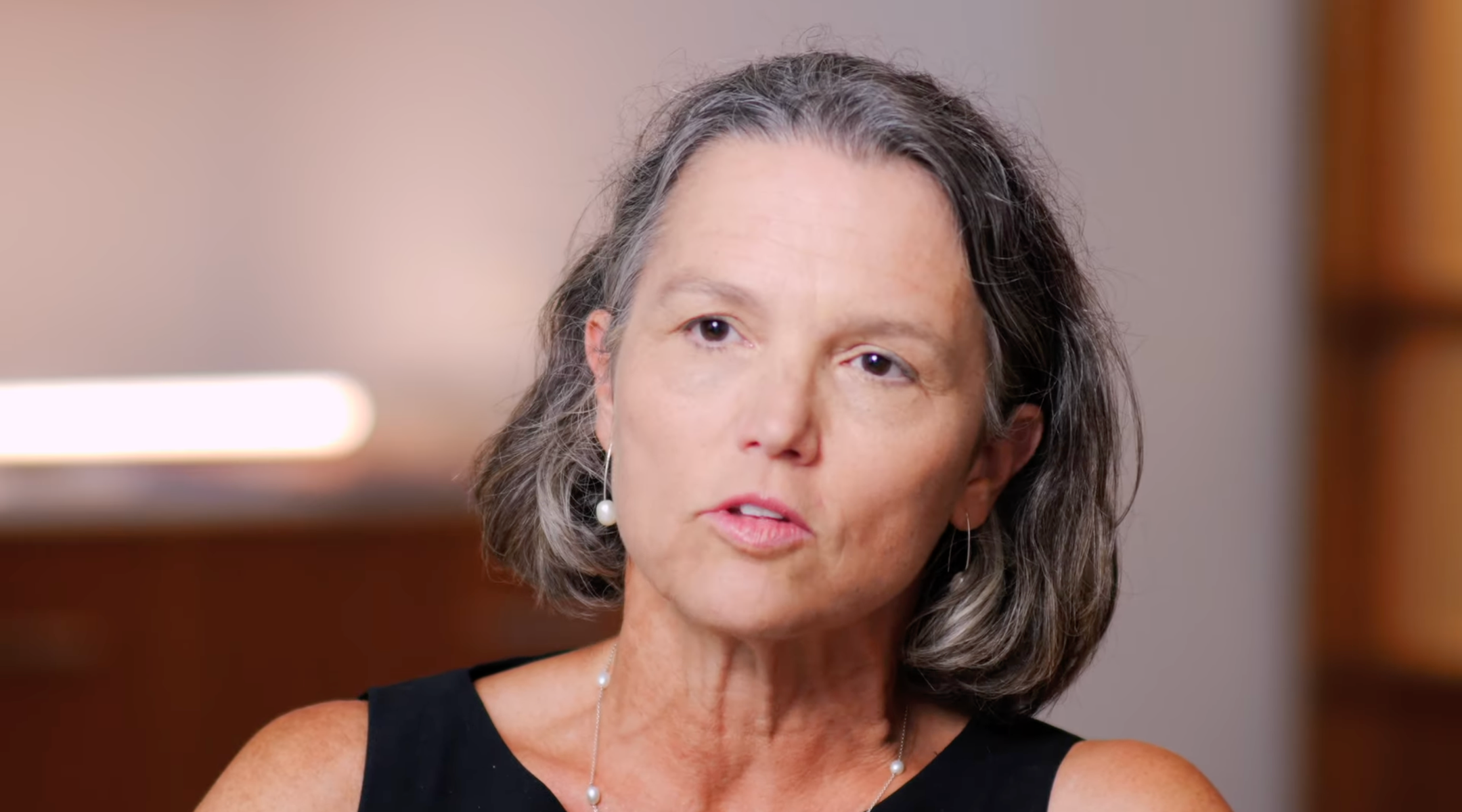Katrina Armstrong, Columbia University’s interim president, stepped down on Friday as the school faced criticism over campus antisemitism, including the threat of losing $400 million in federal funding.
Armstrong’s departure means the Ivy League university in Manhattan will have its third leader in the space of a year. President Minouche Shafik resigned last August in the wake of massive protests that made Columbia the epicenter of student demonstrations over the Gaza war, and that led to a significant police response.
Now, Armstrong will be replaced by Claire Shipman, a former journalist and the co-chair of Columbia’s board of trustees. Armstrong will run the school’s medical center, a job she had before becoming acting president.
Armstrong contended with continued tensions around the Israel-Hamas war. Then, beginning in January, she met aggressive actions by the Trump administration that it said were a response to campus antisemitism. ICE is attempting to deport multiple people involved in the pro-Palestinian protests, including Mahmoud Khalil, who was arrested in Columbia housing and whose case has drawn global attention.
The administration also froze $400 million in federal funding to the school, demanding a litany of changes to how Columbia dealt with protests and to the oversight of an academic department. Columbia agreed to many of those changes, though Armstrong also reportedly downplayed them in a meeting with faculty.
Last year, Shipman decried antisemitism in testimony before Congress, and said she wasn’t satisfied with the school’s response.
“Antisemitism is dangerous and reprehensible. It has no place at Columbia or in our society, and I’m grateful as a citizen, and as co-chair of our board for the spotlight you’re putting on this ancient hatred,” she said in her remarks. She added soon afterward, “It is unacceptable. I can tell you plainly that I am not satisfied with where Columbia is at the moment.”
In a statement upon becoming acting president, Shipman said, “I assume this role with a clear understanding of the serious challenges before us and a steadfast commitment to act with urgency, integrity, and to work with our faculty to advance our mission, implement needed reforms, protect our students, and uphold academic freedom and open inquiry.”




